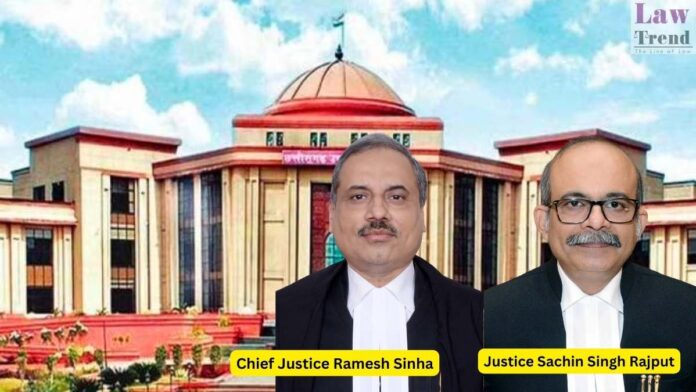In a significant ruling, the High Court of Chhattisgarh has upheld the conviction of accused in a case involving the abduction and rape of a minor under the Protection of Children from Sexual Offences (POCSO) Act. The judgment, delivered by a division bench comprising Chief Justice Ramesh Sinha and Justice Sachin Singh Rajput, dismissed the
To Read More Please Subscribe to VIP Membership for Unlimited Access to All the Articles, Download Available Copies of Judgments/Order, Acess to Central/State Bare Acts, Advertisement Free Content, Access to More than 4000 Legal Drafts( Readymade Editable Formats of Suits, Petitions, Writs, Legal Notices, Divorce Petitions, 138 Notices, Bail Applications etc.) in Hindi and English.




